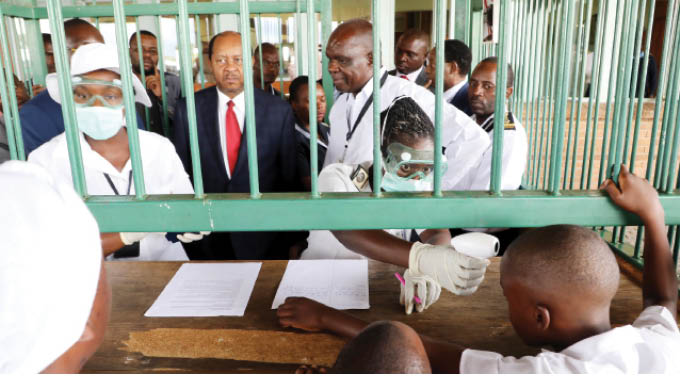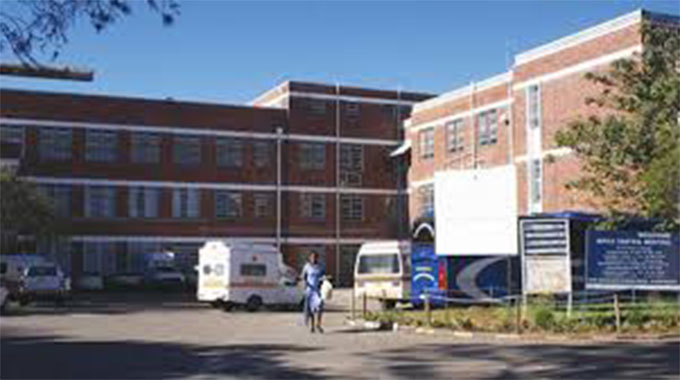There are gateways here for coronavirus

Stephen Mpofu, Perspective
Jet air travel has combined with post-modern telecommunications and reduced the world to a global village.
As a result the coronavirus which broke out in China late last year is rampaging across the village at a speed probably faster than that of the virus that causes Aids — which reportedly was created in American laboratories decades ago with the express desire to wipe out the black race but the experiment went berserk and the scientist, lacking God’s creative power to give it eyes, the bug does not tell black from white or any other colour and so it has rampaged across international boundaries, littering millions of graves in its wake — so that today panicky and confused experts pull out their hair in desperation as they search for ways to halt Covid-19 in its tracks.
Thus, while closer to home it is all very well for medical experts, immigration and other authorities to mount stringent screening measures of travellers at ports of entry to check their status of health, Zimbabwe’s porous western, southern and eastern borders remain the potential gateways into the country for the coronavirus as border jumpers slip across the borders illegally and with those carrying the infection not subjected to any screening processes as what happens at airports and at official border ports.
Which strongly suggests that patrols by the army or the police or by both should be introduced and intensified, if not already underway, to prevent anyone coming to Zimbabwe or leaving the country without medical clearance.
As recently as last year, about 3 million Zimbabweans — immigrant workers and others — were known to be resident in South Africa where 17 cases of Covid-19 had been confirmed by Thursday.
This obviously suggests that Zimbabwean villages, especially in the southern parts of our country, have one or more family members living in South Africa, not to mention job seekers from Zimbabwe who flock to that country or to its immediate neighbours in search of greener pastures.
Because of the large numbers of Zimbabweans in South Africa as well as in other Sadc countries across our borders, chiefs and other traditional leaders must be educated about the risks of the transmission of coronavirus by border jumpers returning home once they discover or suspect that they are infected with virus, “to die and have a decent burial at home among other, departed family members”.
Also, there is a strong case for health centres at growth points — the development zones dotted across the country — to be modernised and well-equipped with qualified medical staff being hired to man them especially with devolution now in the offing to take care of health, economic and other challenges faced by rural populations.
In addition to the above, Government officials might wish temporarily to consider holding back on visits to friendly countries abroad where the coronavirus is now prevalent, and vice versa, and resort to paper work or telecommunications or through the diplomatic missions of those countries in Zimbabwe to conduct business as a way of preventing the spread of the new, killer disease.
With Covid-19 having spread to more than 85 countries and claiming 4 200 lives within such a short space of time since it first reared its ugly head, Zimbabweans, as people in other countries, must take every necessary precaution to protect the nation against that new killer bug.








Comments